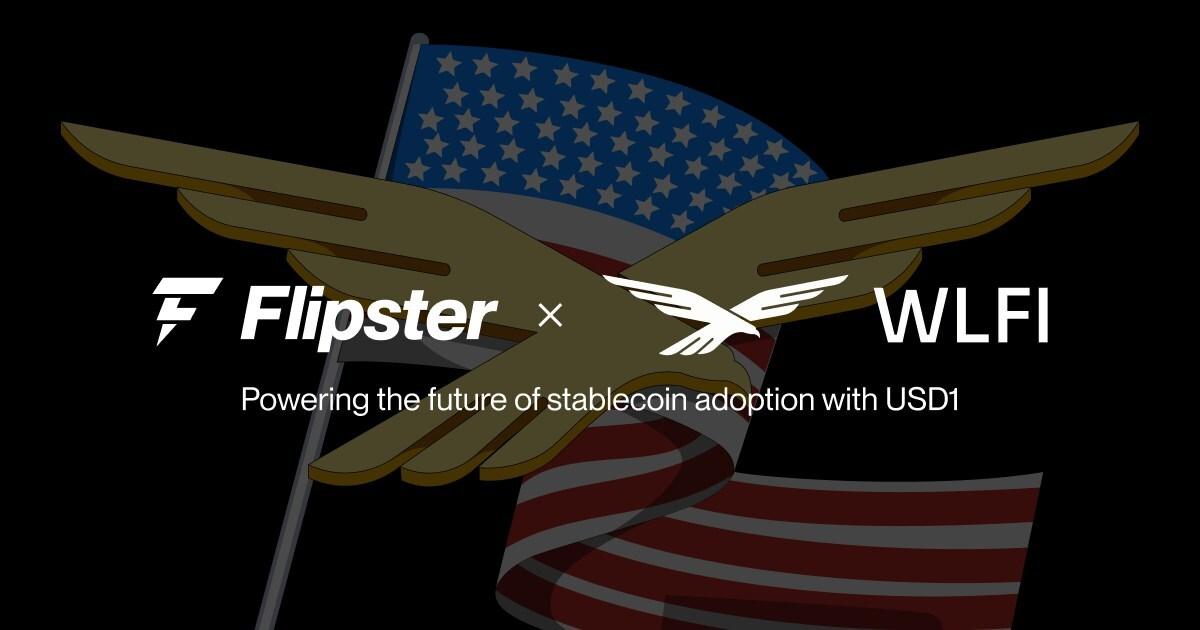Instadapp Introduces Avocado Multisig Wallet

Instadapp has announced a new offering from their product lineup, Avocado Multisig, a multi-chain multisig wallet. The wallet aims to serve a variety of users—from individual crypto enthusiasts to large financial institutions.
One of the distinct features of this wallet is its capability to use a single address on more than ten different .
“Consolidating treasuries onto a single address across networks,” is one of the chief functions of the new Avocado Multisig, according to Instadapp.
Jeremy Allaire, CEO of , feature, stating it’s a “great example of a multi-sig direct custody wallet with a unified USDC gas tank for all chain fees.”
This stands in contrast to traditional multisig wallets, which require a separate address for each chain. Also noteworthy is the wallet’s functionality, which incorporates Ethereum smart contract features into the user interface.
Another innovation in Avocado is its “gas tank,” which allows all key holders to share a common pool of USDC to cover gas costs across all supported chains. This feature represents a notable advancement over the typical multisig setups.
With a total value locked (TVL) of around $1.95 billion, Instadapp is no longer a minor player in the crowded DeFi marketplace. It currently ranks 13th in terms of TVL among platforms, including providers. However, Instadapp’s collateral has declined by 85% since its peak in September 2021, and its governance token, INST, has also fallen sharply—95% from its peak, trading fllat at $1.10 at the time of writing.
Understanding Multisig Wallets
The concept of multi-signature or multisig wallets isn’t new in the realm of digital assets. Such wallets require multiple private keys to access or transact, offering an added layer of security. The embedded Account Abstraction in Avocado brings added smart contract functionality from Ethereum, offering a nuanced approach to DeFi wallet security.
The adoption of Avocado’s advanced features can be seen in the context of the broader DeFi market, which has its share of volatility and challenges, underscored by Instadapp’s fluctuating TVL and token value. While multisig wallets like Avocado offer greater security and operational flexibility, they also come with their own set of challenges, such as increased transaction costs and a higher degree of complexity, which potential users must navigate.
The principle behind multi-signature (multisig) wallets is rooted in layered security. These wallets necessitate multiple private keys for the activation of transactions or access to stored digital assets. To simplify, think of it as a vault that requires multiple keys to open; no single person holds all the necessary keys, ensuring collective authorization for any action. During the setup process, parties set specific access rules, including how many keys are necessary to perform different types of tasks.
Key Principles: Security and Privacy
In the case of Avocado Multisig, it allows the use of a single address across more than ten different blockchain networks—a departure from which require a unique address for each chain. This cross-network feature opens up new possibilities, like token bridging, previously unfeasible in standard multisig settings.
There are two primary categories of multisig wallets. The first type necessitates all private keys for transaction validation. The second, known as threshold signatures, allows users to specify a minimum number of keys required for transaction execution, making it more flexible. Forl instance, if three parties hold the keys, two out of three keys might be sufficient to authorize a transaction.
The ‘smart contract’ element plays a significant role here, adding programmable governance to the multisig setup. It means like Avocado not only act as securle storage but also allow for more complex operations, thanks to the capabilities of embedded smart contracts.
While multisig technology offers enhanced security—distributing access among multiple parties, it’s not devoid of challenges. For instance, the shared ‘gas tank’ in Avocado, while innovative, may raise questions around transaction cost allocation among signers. Also, the process necessitates coordination among multiple parties, which can be cumbersome and time-consuming, particularly in a volatile market.
Disclaimer: This article is provided for informational purposes only. It is not offered or intended to be used as legal, tax, investment, financial, or other advice.




